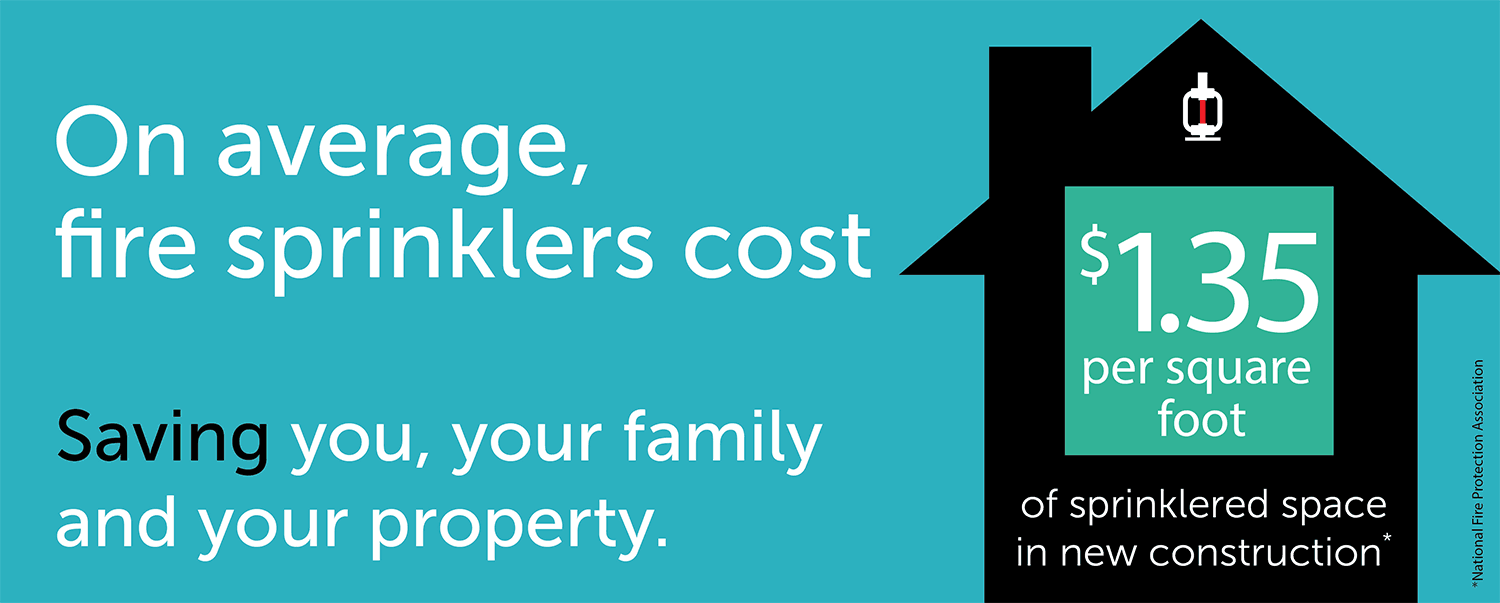Frequently Asked Questions

If your home builder is not familiar with contractors that install residential fire sprinklers, you still have several options.
Most contractors have Web pages describing their capabilities. You can also look in your local Yellow Pages under “Sprinklers, Fire”
Ask your local or state fire marshal if contractors in your state are required to be licensed. If they are, contact the state licensing board for a current list of licensed contractors.
Contact fire sprinkler contractor associations for names of residential sprinkler contractors in your area.
Any professional fire sprinkler contractor can install sprinklers, but for best results look for a contractor that specializes in residential fire sprinklers or one that has a residential sprinkler installation unit within the company.
What should I do if my home builder or architect has questions or says I don’t need fire sprinklers?
Most fire chiefs around the country will recommend fire sprinklers, as they have witnessed first hand their benefit to life and property safety. Some, but not all architects and builders are educated, at least partially, about residential fire sprinklers. If your builder and architect are not familiar with these systems, have them contact the organizations below for information.
And, if your builder or architect tries to discourage you from finding out more about your possibilities, you can obtain information by contacting any of these resources.
Any of the organizations listed in the Member Section.
U.S. Fire Administration
(301-447-1018)
If installed during new home construction, home fire sprinklers cost an average of $1.35 per square foot of sprinklered space, which is about what you’d pay for an upgrade in carpeting. The investment in your family’s fire protection may be slightly lower or higher, depending on the location and complexity of the home.
Residential fire sprinklers are basically maintenance free. The only testing required on a regular basis is opening the drain/test valve to check the alarm operation. Fire sprinklers are designed to operate properly for 20 years or more without any maintenance.
Some basic precautions to safeguard your fire sprinklers are:
- Avoid painting or otherwise covering the fire sprinkler devices, as that will affect their sensitivity to heat.
- Do not hang decorations, plants or other objects from the sprinkler or piping.
More information is available in our Living with Sprinklers™ section of this website.
Homes can be protected by automatic fire sprinklers in even the most remote areas. Several manufacturers offer self-contained water tanks to supply residential fire sprinklers. These tanks are designed to fit in your garage or another storage area of the home, and they hold enough water to comply with the National Fire Protection Association Standard 13D, Standard for the Installation of Sprinkler Systems in One- and Two-Family Dwellings and Manufactured Homes.
No. Generally insurance rates will go down because fire sprinklers will keep damage low. Shop around; the savings vary by insurance company.